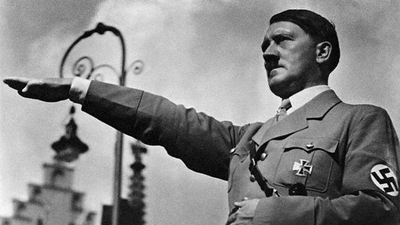For example read this essay by Louis Althusser from 1962. Althusser's essay relates to the relationship between superstructure (ideas, ideologies, and institutions producing such) and the base. We can call the 'base' the economy if we want to (as Marxists do) but it really refers to the material base, as it relates to an ideological superstructure. It seems Althusser, and many Marxists, believed this base was determinant. Not always; but always in the 'last instance'. This belief is a facet of Marxian materialism; Marx famously called himself a materialist, to counter-pose his ideas against the establishment; with their faith in traditional institutions such as religion, family, law, philosophy and education; aspects which Marx might claim to be ideological.
I'd argue this is a false understanding of how Marxists really see the human condition. Dont't take a Marxist at face value; by what they say. Judge them on what they do. For Marxists, politics is determinant; in the first and last instance. Seen Engels: 'The Role of Force in History', 1887. I believe this paradox of the chicken versus egg (what is determinat - ideas or material existance?). The Marxian myth of "determination ‘in the last instance’ by the economy" is simply a rule for prioritising matter; and so, justifying calling oneself a 'materialist'.



